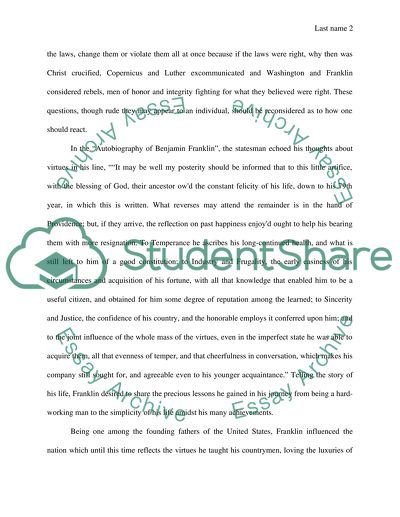Cite this document
(“Passage Identification and Explication Essay Example | Topics and Well Written Essays - 3250 words”, n.d.)
Retrieved from https://studentshare.org/philosophy/1430029-passage-identification-and-explication
Retrieved from https://studentshare.org/philosophy/1430029-passage-identification-and-explication
(Passage Identification and Explication Essay Example | Topics and Well Written Essays - 3250 Words)
https://studentshare.org/philosophy/1430029-passage-identification-and-explication.
https://studentshare.org/philosophy/1430029-passage-identification-and-explication.
“Passage Identification and Explication Essay Example | Topics and Well Written Essays - 3250 Words”, n.d. https://studentshare.org/philosophy/1430029-passage-identification-and-explication.


